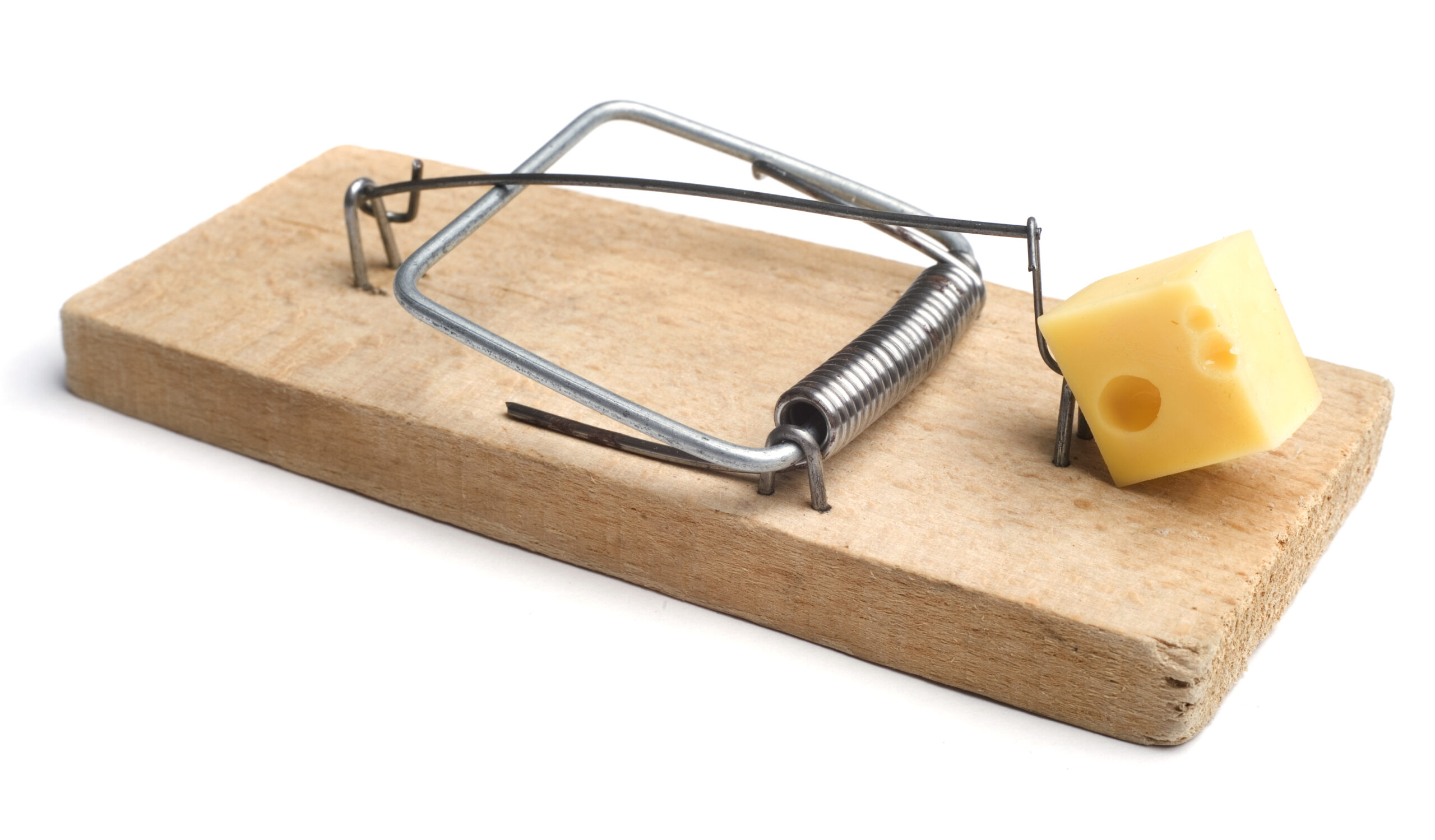As temperatures drop in Northern Ohio and Southeast Michigan, many homeowners and business owners begin to notice an unsettling pattern, more spiders in the basement, garage, or tucked away corners of storage rooms. If you’re spotting more of these eight legged visitors lately, you’re not alone. Late fall is peak season for indoor spider sightings, and there are a few clear reasons why this happens.
Why Are Spiders Moving Indoors in Late Fall?
Contrary to popular belief, most spiders don’t invade your home from the outside looking for warmth. Instead, the spider in the basement likely already lived nearby, perhaps in the wall voids, foundation cracks, or under the porch, and is now becoming more active or visible. That’s because:
- Temperature Drops Trigger Movement: As outdoor temperatures fall, spiders that typically live near foundations or exterior structures start to seek more stable indoor environments, especially lower levels where it’s cooler and darker.
- Mating Season Peaks: Many common spiders in the Midwest, such as the common house spider and jumping spider, become more active in the fall as males wander in search of mates.
- Easy Entry Points: Cracks around windows, gaps under doors, and vents can provide easy access for a spider in the basement to make its way into your home or business.
Common Spiders Found in Northern Ohio and Southeast Michigan
Most spiders in the region are harmless, but their presence can still be unsettling. A few of the most frequently spotted spiders include:
- Cellar Spiders (aka Daddy Longlegs): Often found hanging in webs in corners of basements or garages.
- American House Spiders: Small, tan or gray spiders that spin messy cobwebs in undisturbed areas.
- Wolf Spiders: Large and fast moving, these ground dwellers may occasionally be seen running across basement floors.
- Brown Recluse (less common, but present): Rare in this region, but worth noting for their medical significance. They prefer dark, quiet areas like basements and closets.
How to Prevent Spider Infestations
If you’re tired of finding a spider in the basement every time you do laundry or grab a box of holiday decorations, here are a few proactive steps you can take:
- Seal Entry Points: Inspect and caulk cracks in the foundation, windows, and doors. Install weatherstripping and door sweeps.
- Declutter Storage Areas: Spiders love quiet, undisturbed places. Use sealed plastic bins instead of cardboard boxes and keep items off the floor.
- Control Moisture: Many spiders are drawn to humid areas. Use a dehumidifier in the basement and repair any leaks or water intrusion issues.
- Regular Cleaning: Vacuum webs, corners, and storage spaces regularly to disturb potential nesting areas and remove spider eggs.
- Turn Off Outdoor Lights: Lights attract insects, which in turn attract spiders. Use motion sensor lighting or switch to yellow bulbs to reduce spider food sources near entrances.
Don’t Let Spiders Settle In This Fall
Seeing a spider in the basement might not seem like a big deal, until it becomes a regular occurrence. If you’re experiencing frequent sightings or simply want peace of mind, it may be time to call in the experts.
Delving Pest Control offers discreet, effective pest and rodent control services tailored to homes and businesses throughout Northern Ohio and Southeast Michigan. Our team provides free consultations and no contract ongoing treatment plans to fit your needs and budget. Don’t let fall pests settle in for the season, contact Delving Pest Control today to protect your space before winter fully sets in.








